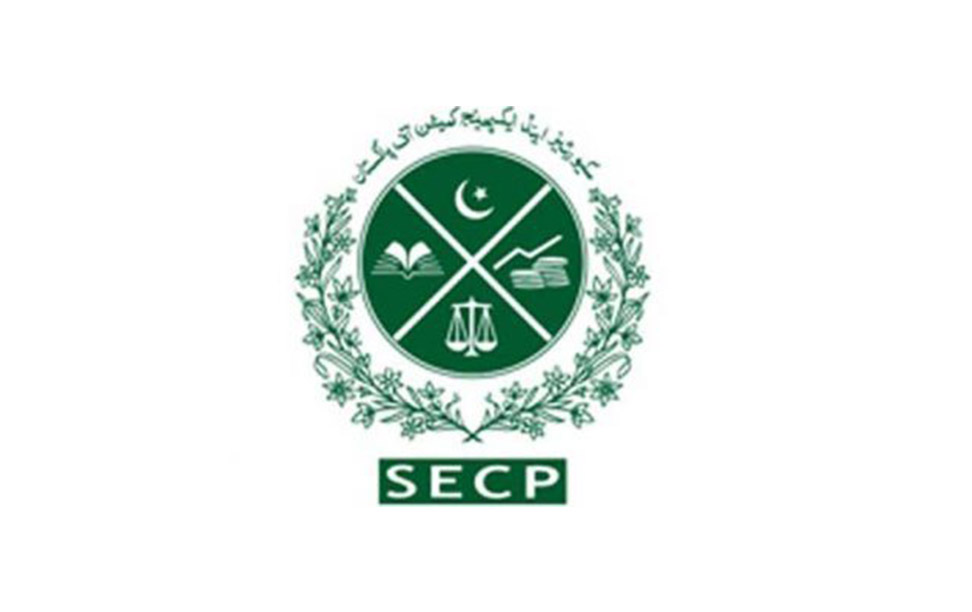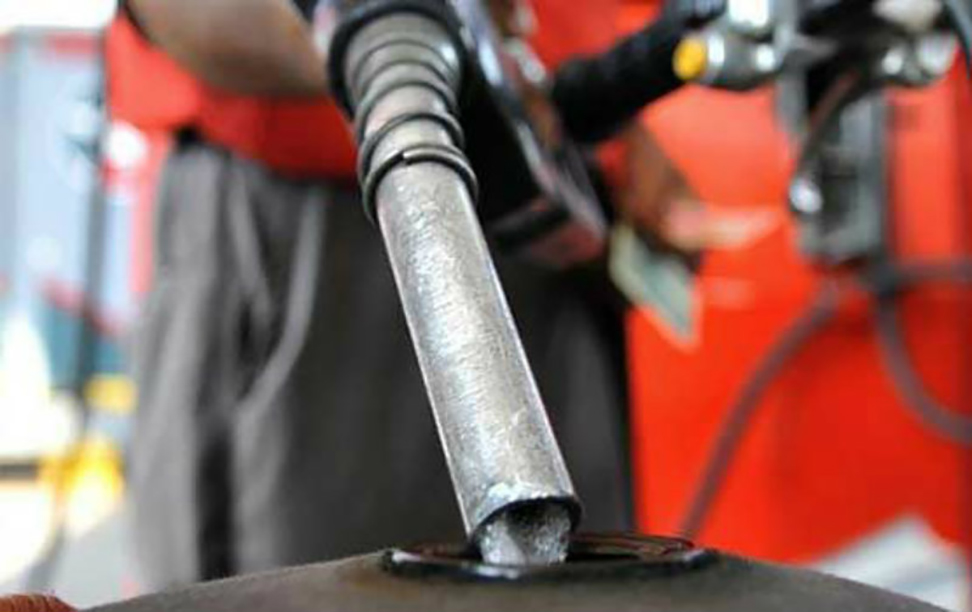May 27, 2019: Pakistan's total foreign debt is about US$ 106 billion and Chinese loan accounts for a mere 10 to 11 percent of the total foreign debt, whereas the remaining 89-90 percent is from other sources IMF, Paris Club, and other western organizations, Noor Ahmed, secretary of the Economic Affairs Division said.
China has provided loans to Pakistan, and at the same time invested in Pakistan and has planned to invest more in the next phase of CPEC, a win-win situation for both as with peace and economic stability in Pakistan, China will also benefit, he told Xinhua.
In a talk with the same news organization, Syed Hassan Javed, director of the Chinese Studies Centre, School of Social Sciences and Humanities at National University of Science and Technology said that China has helped Pakistan a lot during the last 10 months by lending its money to save it from debt distress by enabling it to stabilize its foreign exchange reserves.
“Pakistan is so badly entangled in western debt-trap that it has to get a new loan to repay previous loans to them. By investing in Pakistan, China is enabling the Pakistani economy to stand on its feet and get out of the debt trap of western organizations.”
Unlike Western loan with a high interest rate and with other painful conditions and even global power politics, Chinese loans are fairly concessional, devoid of any arm-twisting for the uplift of the Pakistani economy, he said.
Before CPEC, Pakistan was facing the worst energy crisis of its history. The project's early harvest phase has enabled Pakistan to avert the energy crisis by electricity generation from the country's very own resources including coal and solar energy.
“Through CPEC, Pakistan is utilizing its own natural resources to generate electricity which will gradually reduce the country's dependency on imported fuels. Foreign elements are not happy with Pakistan's increasing dependency on local resources through CPEC as it will result in the country's decreasing import of expensive fuels, hence releasing its strain on the balance of payment, and helping it to get out of their debt trap. CPEC is an emerging reality, critics cannot undo it,” Javed said.
In a recent talk with Xinhua, Muhammad Muzammil Zia, policy head of job growth and human resource development in CPEC Centre of Excellence, an Islamabad-based think-tank, also said that that CPEC has created 70,000 direct jobs in Pakistan and is likely to create 1.2 million more jobs under its presently agreed projects, which will help poverty eradication in Pakistan.
Not only local but foreign rating and economic organizations also see CPEC as a great benefit for Pakistan, rather than a debt trap. World's leading rating agency Moody's said that ongoing implementation of CPEC projects is likely to contribute 9 to 10 percent of Pakistan's GDP in the fiscal year 2018-2019.
Another international audit, consulting, advisory, and tax services agency Deloitte said that CPEC would add up to 2.5 percentage points to the country's growth rate.
(APP)
28170







